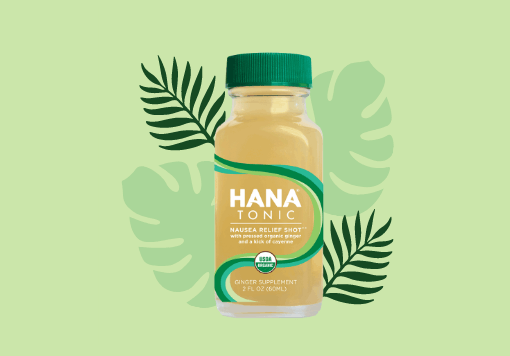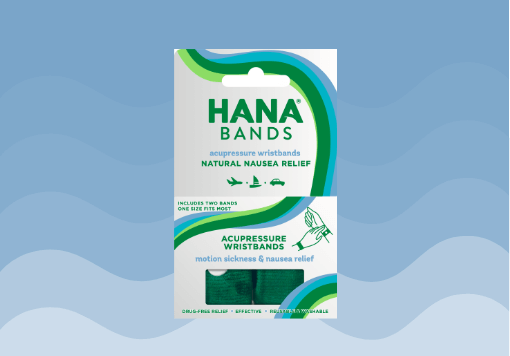In the initial weeks of the first trimester, you might not know that there is a tiny life inside. As the weeks and months progress, a variety of symptoms can occur that confirm the exciting news that a baby is on the way. Whether you are newly pregnant or trying to conceive, keep these first trimester tips in mind so that you can take care of yourself and your baby.
First Trimester Symptoms
Many women agree that the first trimester can be a challenging part of the pregnancy. As the hormones are changing within your body, a variety of symptoms can show up:
- Nausea and vomiting
- Exhaustion
- Food aversion
- Frequent trips to the bathroom
- Sore, tender breasts
- Heartburn

Even though you know that the symptoms are signs of a tiny human that is developing, it doesn’t make it any more fun to experience these things daily.
If you are looking forward to being done with these symptoms, then you might be asking your doctor: when does the first trimester end? This part of the pregnancy lasts from the first week through the 13th week of pregnancy. But just because you reach week #14, doesn’t mean that the above symptoms will suddenly disappear.
Remember: every person is unique, and each pregnancy is different. You might need to make adjustments with your diet or lifestyle to accommodate the symptoms you are experiencing.

What Happens During the First Trimester?
During the first trimester, your baby is growing and changing every day and week. In fact, the first trimester is when the baby grows the fastest, compared to any other time in pregnancy. It starts as a single cell, known as a zygote, and reaches the size of a peach by the end of the first trimester. Here are a few of the most important developmental points that are reached during this time:
- Limbs: The baby will start to grow legs, arms, feet, and hands around week 6. Then, the fingers and toes develop around week 10.
- Skin, Nails, and Hair: Skin growth begins around week 5, with the nail beds and hair follicles developing when you reach week 11.
- Digestive System: The baby’s intestines will start forming around week 8.
- Brain Function: The 8th week of pregnancy is when the brain starts sending signals to move the developing limbs.
- Heart: When you reach week 5, a tube in the chest cavity will start beating spontaneously. This tube will develop into the heart, which allows you to hear the heartbeat around weeks 9 or 10.

First Trimester Tips: Do’s and Don’ts
As your baby is developing, it is more important than ever that you take care of yourself and give your body the rest and nutrition needed for this new life. Here are a few first trimester of pregnancy do's and don'ts to consider:
- Do – Adjust Your Schedule if Needed: Exhaustion and fatigue can make it challenging to keep up with your normal schedule. Pay attention to your body cues and give yourself the time to take a nap or put your feet up for a while when needed. Even small breaks can help you work up the energy to get through the rest of the day.
- Don’t – Forget You are Eating for 2: Even though your stomach isn’t showing yet, don’t underestimate the nutrition and additional calories that are needed to support the growth of your baby.
- Do – Eat When You Aren’t Feeling Well:During this time, you likely feel “nausea hunger:” you are so hungry that is makes you feel nauseated. Even if you are sick to your stomach, eating might be the best thing you can do to avoid vomiting. Stick with easy snacks such as crackers, toast, and drinks that can settle the stomach.
- Don’t – Stress About the Weight: It is normal and natural to gain weight during pregnancy. You may or may not gain weight during the first few months. Some women even lose a bit of weight in the first few months because they can’t keep food down. Rest assured, knowing that the weight gain will happen at the perfect time based on what you and your baby need.
- Do – Stay Hydrated: Drinking not only keeps you hydrated, but certain beverages can give you important ingredients to manage nausea. Water is important, and you can also benefit from other beverages. Try drinking herbal tea (peppermint or ginger), or keep a bottle of Hana Tonic in your bag so you always have a natural option to manage the symptoms.
- Don’t – Go Overboard with Junk Food: Pregnancy cravings can be strong, but don’t let your diet consist only of potato chips, pickles, and Diet Coke. It is important that you are choosing foods that provide the protein, fat, carbohydrates, minerals, and vitamins that are needed to be used as building blocks. First trimester nutrition is similar to the recommendations for the entire pregnancy: lean protein with plenty of fruits, vegetables, whole grains, and healthy fats for a well-balanced diet.
- Do – Stay Active: Even if you aren’t feeling your best, be proactive about getting out of the house and moving your body. Exercising during pregnancy can help you keep your energy levels up. Plus, you can benefit from a bit of vitamin D when you go outside. Pay attention to what feels good for your body, and be careful to avoid injury.
Don’t – Procrastinate Finding a Health Care Provider: The birth of your baby may still be a few months away, but it is important that you start the conversation with an OBGYN and/or midwife as soon as possible. Regular appointments ensure that everything is on track for a healthy pregnancy. Also, tests can be used to identify potential issues in the earliest stages, helping to avoid bigger problems in the later trimesters.

1st Trimester of Pregnancy Precautions
During this time, you can still participate in many of your regular activities at home and work. But there are a few precautions and activities that should be avoided. Keep in mind that the first trimester is a delicate time when your child’s brain, nervous system, and other essential life functions are developing. Following these precautions can protect your baby and improve the overall health of your pregnancy:
- Avoid alcohol because it can affect the baby’s brain development
- Avoid medications and recreational drugs. If you need to use over-the-counter or prescription medications, always talk to your doctor first.
- Stop smoking, which can pass on toxic chemicals and limit the oxygen available for the baby.
- Limit caffeine, including both coffee and soda.
- Stay away from foods that could potentially be contaminated with Listeria, such as unpasteurized dairy, deli meat, raw meat, sushi, soft cheese, or any other foods that might not have been properly stored in the refrigerator.
Enjoy a Healthy, Happy Pregnancy
At Hana Tonic, we understand how exciting and overwhelming it can be to know that you are pregnant. As you are preparing to bring this new child into the world, we are here to support you in enjoying a healthy pregnancy.
Hana Tonic is an all-natural, convenient drink that can help with the management of nausea in the first trimester… and through the rest of the pregnancy if needed. Try our proprietary blend of ingredients that can keep your nausea at bay.



